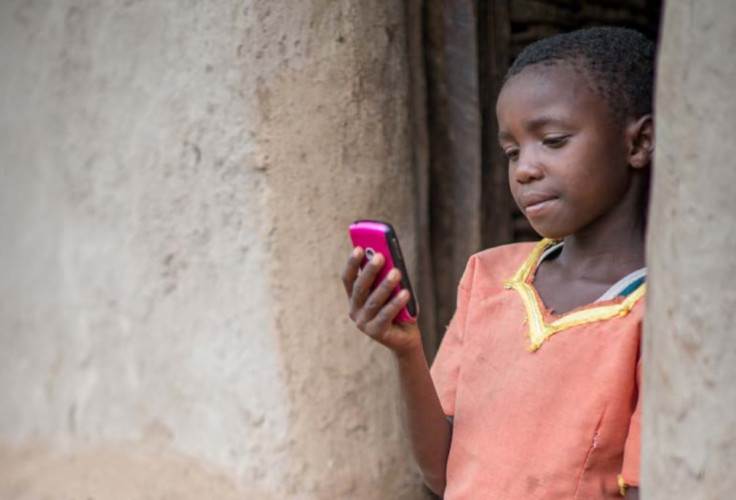Mobile Phones Create 'Reading Revolution' in Developing Countries

The spread of mobile phones in developing countries has had a positive effect on literacy rates according to a UNESCO report, which describes the trend as a "reading revolution".
Drawing on 4,000 surveys across seven developing countries, the Reading in the Mobile Era study revealed that mobile technology was advancing literacy and learning in "underserved communities" around the world.
"A key conclusion from this study is that mobile devices can help people develop, sustain and enhance their literacy skills," said study author Mark West. "This is important because literacy opens the door to life-changing opportunities and benefits."
Those surveyed were users of a reading app developed by the San-Francisco non-profit Worldreader. Through the app users can access thousands of free e-books on low-end smartphones and kindles, millions of which have been distributed by the company to poorly equipped classrooms.
The countries surveyed - Ethiopia, Ghana, India, Kenya, Nigeria, Pakistan, and Zimbabwe - have average illiteracy rates of 20% among children and 34% among adults.
More than half of respondents stated that mobile devices had improved their enjoyment of reading, while a third revealed that they used them to read to children.
Still more can be done to encourage reading and improve literacy rates, according to UNESCO.
60% of those surveyed stated that they would read more if there was more diverse reading options available, while a third of parents said they would read more to their children if there was more child-friendly literature.
"We're working in parts of the world where historically, books haven't really arrived," said Susan Moody, communications director at Worldreader.
"If you bring a library of books to places where books haven't arrived, they'll read more, they'll comprehend more, and they'll grow into a culture of reading."
© Copyright IBTimes 2025. All rights reserved.






















